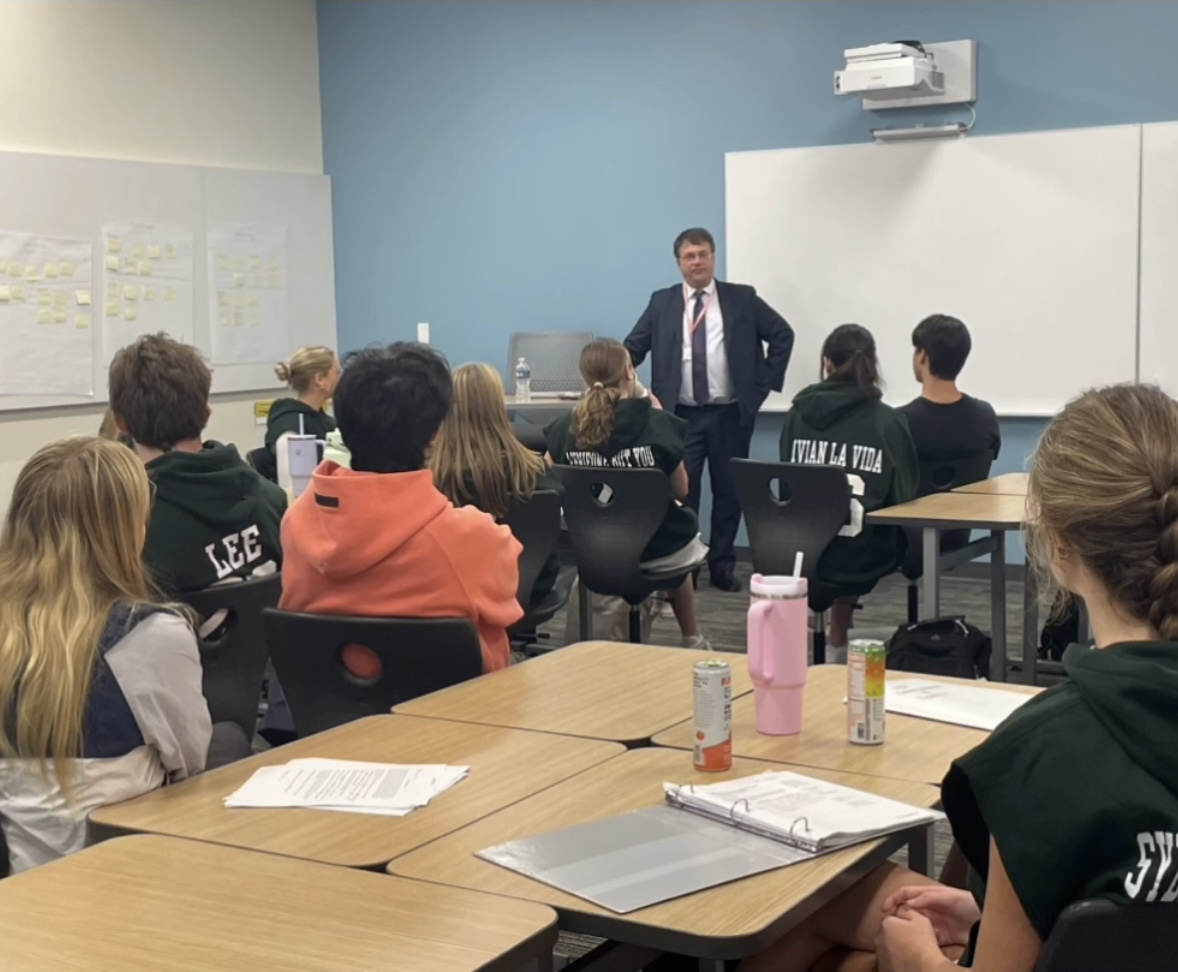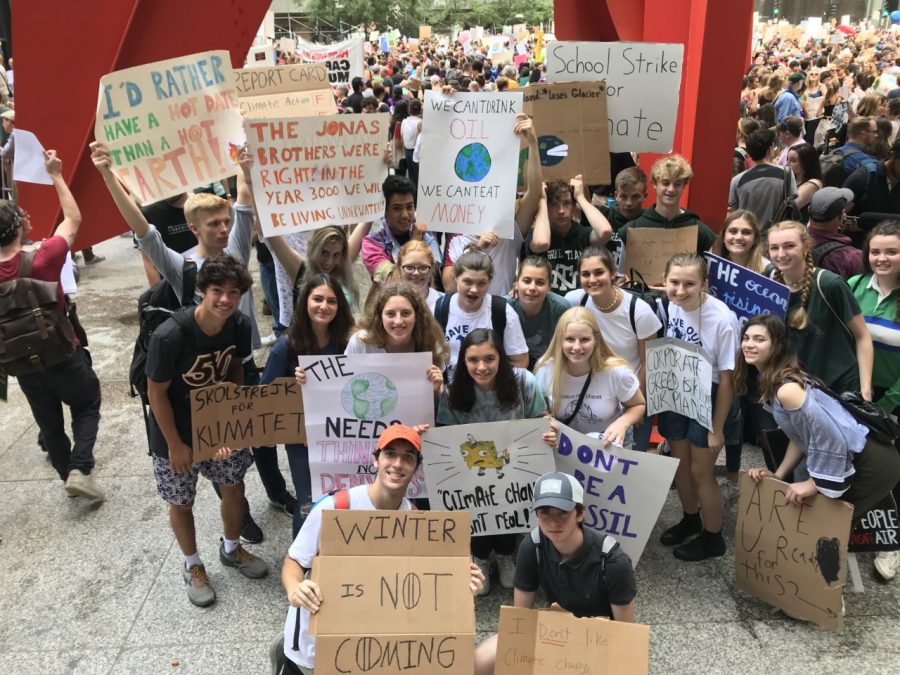COVID-19 response could prove effective in climate change fight
In response to the COVID-19 outbreak, our world has seen millions of people make individual choices that help protect us all from the virus. Whether it means just staying home, building your own mask, or donating money to the healthcare professionals on the ground, this crisis has been met with a rally by ordinary people to help flatten the curve. Of course it’s fantastic that this is happening—but what if we could use this energy for other causes as well?
One barrier that had to be overcome to inspire widespread social distancing is that COVID-19 is an invisible threat. It’s not as if we’re at war with another country, or even in the middle of a disaster—the destruction caused by either of those crises can clearly be seen and understood. Though it may be equally or more destructive, a virus is harder to fight, because it’s intangible and more difficult to rally people against. A similar invisible, yet destructive, threat is climate change.
Climate change is the ultimate existential threat, risking not only the loss of natural ecosystems but rising tides that consume thousands of acres of land, dwindling resources, and large numbers of refugees. However, the most dire impact of climate change can still be warded off—but it’s going to take all of us. Individual actions, like using sustainable transportation, minimizing use of single-use plastics, and supporting politicians that challenge the fossil fuel industry are all critical in this fight. All of these actions, in the same way as social distancing, feel meaningless when practiced individually. But when we all participate, we can do a lot of good.
Already, substantial ecological impacts have been observed from the world staying home for only a few weeks. China’s CO2 emissions dropped 25%. Nature re-emerged in urban settings, with dolphins in the canals of Venice, deer walking the streets of downtown London, and buffalo taking over the densely populated New Delhi, India. It’s a glimpse at what the world could begin to look like if its people, en masse, altered their daily lives drastically to save the deterioration of natural ecosystems. Maybe this great revival will push more Americans to live more sustainably going forward.
However, it’s essential to remember that these environmental resurgences are only temporary, and will quickly disappear should life go entirely back to normal. Mandatory sheltering in place is only a test case that we can use as a model as we fight for a slowdown in carbon emissions. Of course, social distancing will not last forever— but our takeaway when it ends needs to be less literal and more philosophical. To save the climate, we’ll have to rewrite the rules of American civisim and build a new understanding of what’s possible through collective action.
In the US, individualism is a core part of our identity. We preach doing all that you can to put yourself ahead, with little to no regard for others. Because of this prevailing idea, it’s been enlightening to see Americans react to the recent pandemic. At first, many thought only of themselves, hoarding toilet paper and hand sanitizer without thinking of others. Now, things seem different—social distancing has become the norm, and many are willing to sacrifice elements of their normal lifestyle for the good of their greater communities. When we’re all allowed to return to our daily routines, will we remember how to think like this?
I certainly hope that we can, because this new way of thinking will be essential in the coming decades. The way that we will defeat climate change is going to be in a billion tiny decisions, made with the intention of helping humanity as a whole. When someone decides how they’ll get to work in the morning, or what companies they purchase goods from, they’ll need to think not for themselves, but for the collective.
Of course, broader action on the climate is absolutely necessary. Converting the US, and the world, to sustainable forms of energy is important. So is creating improved public transit so that more people have eco-friendly alternatives to driving alone. But this can’t be the entire solution. We need individuals who actively choose to do the right thing in their everyday lives. Selfish thinking makes this kind of action on a grand scale difficult, if not impossible.








































